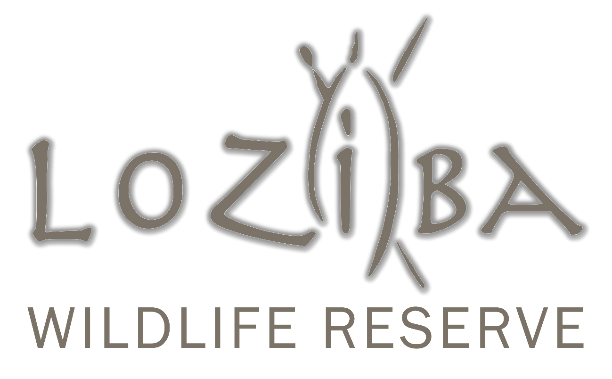A fundamental paradigm shift is required in Africa’s wildlife poaching and wilderness landscape conservation efforts, from trying to resolve the symptoms to a fully focused global effort to address the cause..
FACT: Africa’s vast remaining wilderness areas and the flora and fauna that live on these landscapes are under severe threat.
Whether these landscapes are proclaimed reserves or community land surrounding them, the issue remains the same, the rural communities that live on these landscapes have historically been commercially marginalized and as a result, wilderness landscape degeneration through subsistence farming, charcoal manufacture and poaching are the symptoms that continue to be the focus for conservation groups around the globe.
Perhaps the key issue at stake here preventing this shift, is that it is far easier to focus fund raising and resource deployment efforts on anti-poaching with the emotive “save the rhino now” type narrative being the order of the day, then it is to engage at grass route level with these communities, fully understand their needs and aspirations, and then together, help plan and build a sustainable conservation economy on the only real asset they most often collectively have, which is the land itself.
CWC Africa promulgates a Conservancy development model, which, once the wilderness landscapes have been identified, planned and established, become the foundation to then build what we term as sustainable community based Conservation Economies.
A critical upfront success factor often neglected due to the inherent complexities, is that the planning and “rules of engagement” are jointly agreed with the communities and through a methodology of workshops and training, they are fully exposed to the benefits of sustainable land use best practices, which are synonymous with a Conservancy landscape definition and development model.
Once this community engagement exercise is completed, CWC Africa Projects, with its select group of specialist accredited service providers and professionals, then helps identify and build conservation based business solutions, applying first world best practise business dynamics, from corporate governance and legal structures, to best practice tourism, farming and production, to optimal routes to market.
Our flagship project, the Thaka Valley Communal Wild Conservancy(CWC), in Zululand, Kwazulu Natal, South Africa, is no exception.
Included in the Thaka Valley land use model and at the heartbeat of this proposed conservancy, is the community partnership project called the Loziba Wildlife Reserve, a planned big 5 game reserve which will be an ideal sanctuary for endangered species such as the black rhino.
A number of community land claimed farms are to be included into the reserve(to be approx 30000ha in extent on completion), whilst the majority of the land claimed farms surrounding the reserve have been ear marked to make up the Thaka Valley Communal Wild Conservancy(CWC).
THAKA VALLEY CWC MAP
The Thaka Valley CWC/Loziba Wildlife Reserve project is a perfect demonstration of the need to work closely with resident rural communities in jointly finding solutions to their challenges. There are a significant number of land claimed community owned farms currently sitting derelict, having been over run with weeds and poor grazing and soil management is creating irreparable erosion. The wildlife has all but disappeared through subsistence dog hunting and the land owners are completely cash strapped, without a hope of being able to manage their land assets in any possible sustainable manner going forward.
With funds raised through the CWC Africa Development Fund, our implementation and project management entity, CWC Africa Projects intends deploying its Communal Planning Unit(CPU) to workshop the Thaka Valley conservancy plans and future development. With these plans in place, the conservancy will then be formally proclaimed with identified and agreed to land uses, fully described in the Thaka Valley CWC Constitution and clearly zoned on a land use map. Land use opportunities are then packaged into a conservancy investor prospectus for private sector companies and investors to duly consider investing in and operating, in partnership with the community. Typical Conservancy land uses range from Game Reserves, Lodges and Camps, high value conservation agriculture and processing, game farming and so on.

We do believe a key factor that makes us different at CWC Africa Projects is that of accountability and transparency with regards the conservancy development projects we embark on and ultimately where the CWC Africa Development Fund funding we manage to raise, is deployed. Our mission is to convert over 6million hectares of wilderness landscapes in Africa into Communal Wild Conservancies over the next decade and in doing so, help establish much needed vibrant and sustainable conservation economies.
James Arnott
CWC Africa Projects(Pty)Ltd - Project Director
“WILDERNESS LANDSCAPE DEVELOPERS, PROJECT MANAGERS AND CONSERVATION ECONOMY FACILITATORS”
Physical Address: 29 Maryvale Road,Westville,Durban, Kwazulu Natal, 3629






